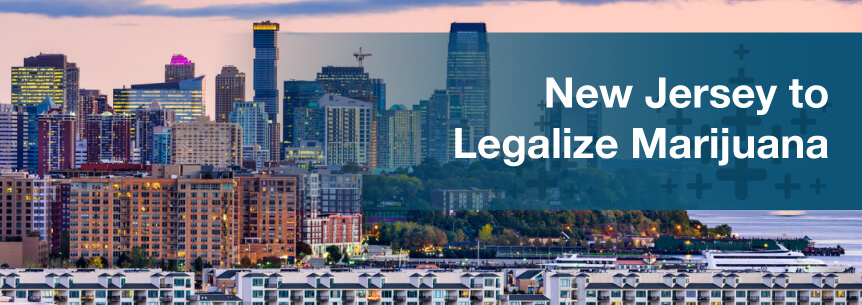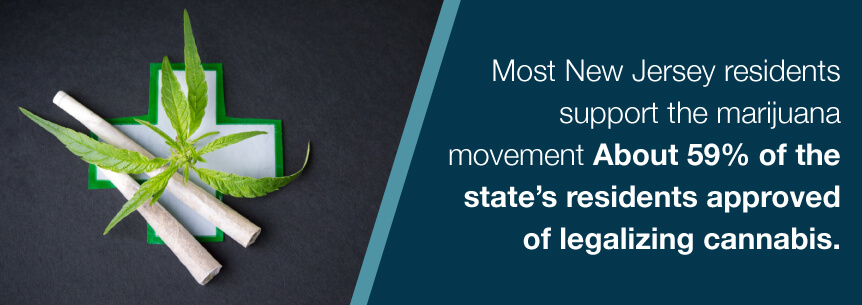
The newly elected governor of New Jersey, Phil Murphy, and his fellow Democrats introduced legislation on January 9, 2018 — the same day Murphy convened — that would legalize the recreational use of cannabis by anyone 21 or older. The new governor says he based his proposed measure partially on financial research that suggests recreational use could bring in nearly $300 million for the state, which already has a flourishing medical marijuana program.
In November, Murphy won his campaign for governor of New Jersey, likely on his promise to legalize recreational cannabis for the Garden State. To no surprise, former Republican governor Chris Christie greeted the plan with opposition, referring to any financial gain the state earns from the sale of marijuana as “blood money.”
Despite this — along with the recent move by the Justice Department to overturn Obama’s guidelines that the federal government should not interfere with the states’ legislation on cannabis — Murphy says the state of New Jersey still plans to move forward on legalizing marijuana for recreational use. He has also certified he will sign any bill legalizing recreational weed that can make it through the state legislature.
Two parties, Assemblyman Reed Gusciora, D-Mercer, and state Sen. Nicholas Scutari, D-Union, are planning to propose bills. While their suggestions have their differences, the passing of either bill would:
So, what are the differences in the two plans? They include:
However, going off the last note on timing, a provision could allow the state’s existing medical dispensaries to open a strictly recreational facility — since medical dispensaries will not be allowed to sell to the public — 90 days after Murphy signs the bill.
For residents of New Jersey — and potentially for visitors, as well, depending on the specifics of the proposed bill — this means anyone who is at least 21 years of age will be able to purchase marijuana legally after the complete roll-out of the program.

Most New Jersey residents support the marijuana movement as well. About 59 percent of the state’s residents approved of legalizing cannabis, according to a Quinnipiac University poll from September 2017 that surveyed 1121 voters.
As previously noted, there are limitations to the amount of cannabis one person can possess. While the state has yet to develop an official system for violators of this stipulation, it’s safe to say punishments for these acts will be a bit more lenient — or at least will include less severe warnings — with the initiation of the new program.
Currently, eight U.S. states and the District of Columbia have developed legal recreational marijuana programs, and it’s looking like both New Jersey and Vermont will be joining that list soon. Vermont’s legislature gave its final approval on a measure legalizing cannabis earlier this month, and Governor Phil Scott has made indications that he plans on signing it.
As more and more state governments realize the benefits marijuana has both medically and recreationally, the federal government may start to feel more pressure to allow for more research to be done on the plant.
Do you want to be the first to know about changes in legislation about medical marijuana? Check out our blog frequently for updates on federal, state and international marijuana law. Once medical cannabis is legal in your state, use our resources to find a doctor and a dispensary near you.
No Information on MarijuanaDoctors.Com should be used to diagnose, treat, prevent or cure any disease or condition. You can view our Full Disclaimer here.